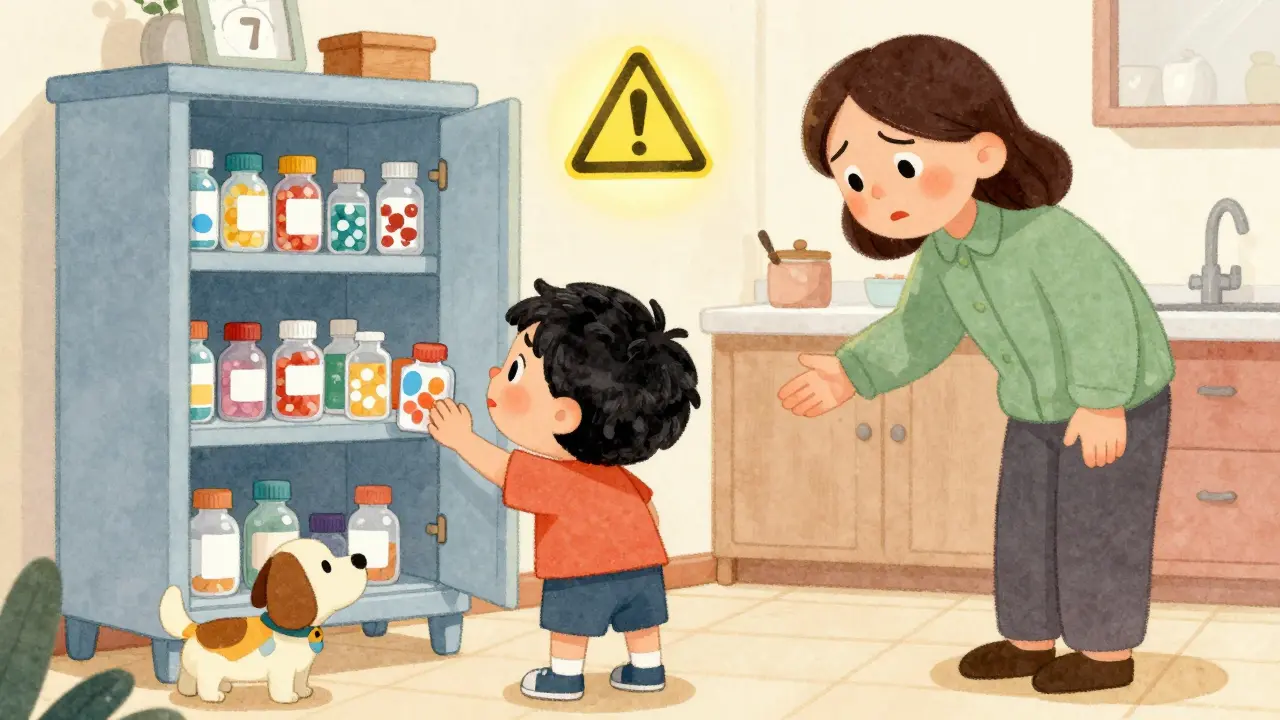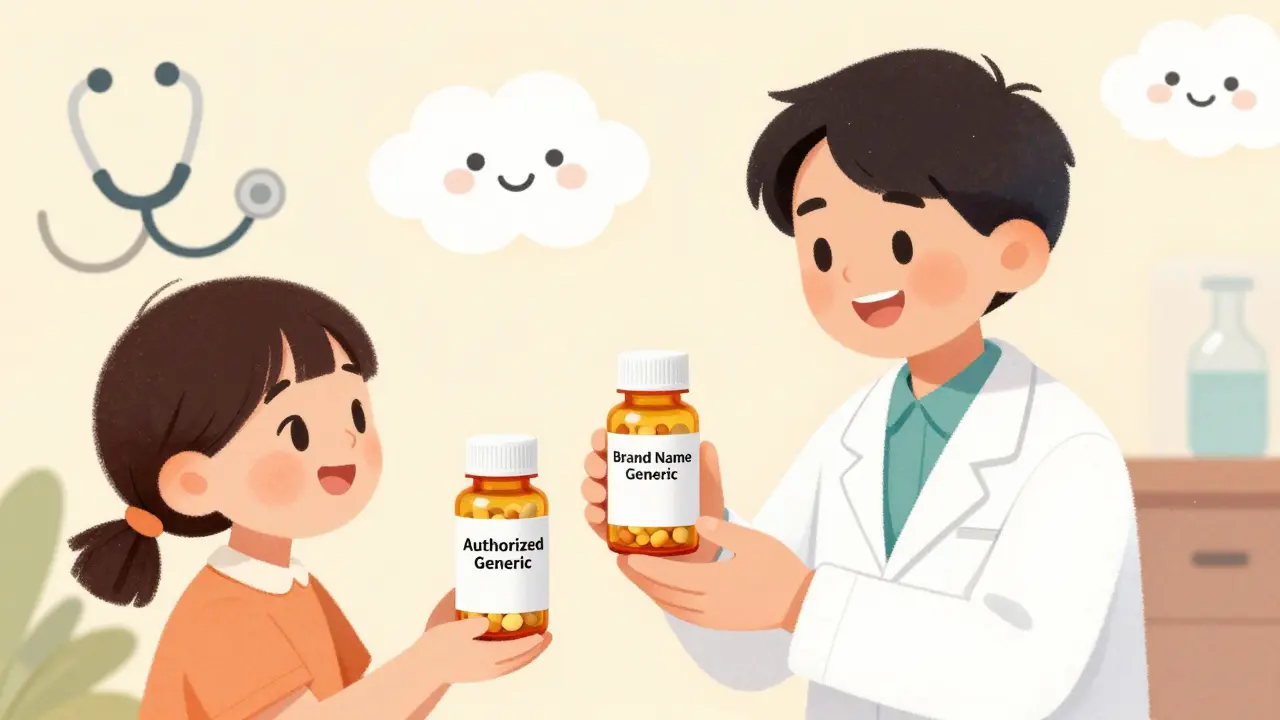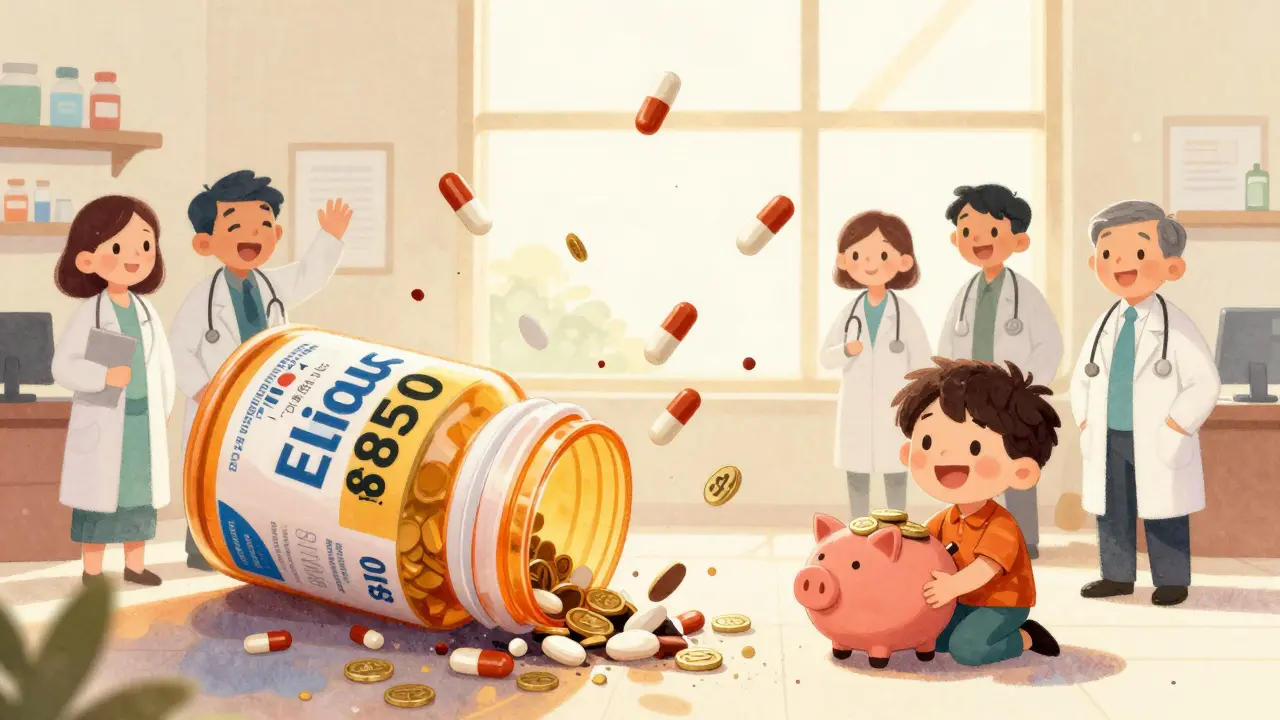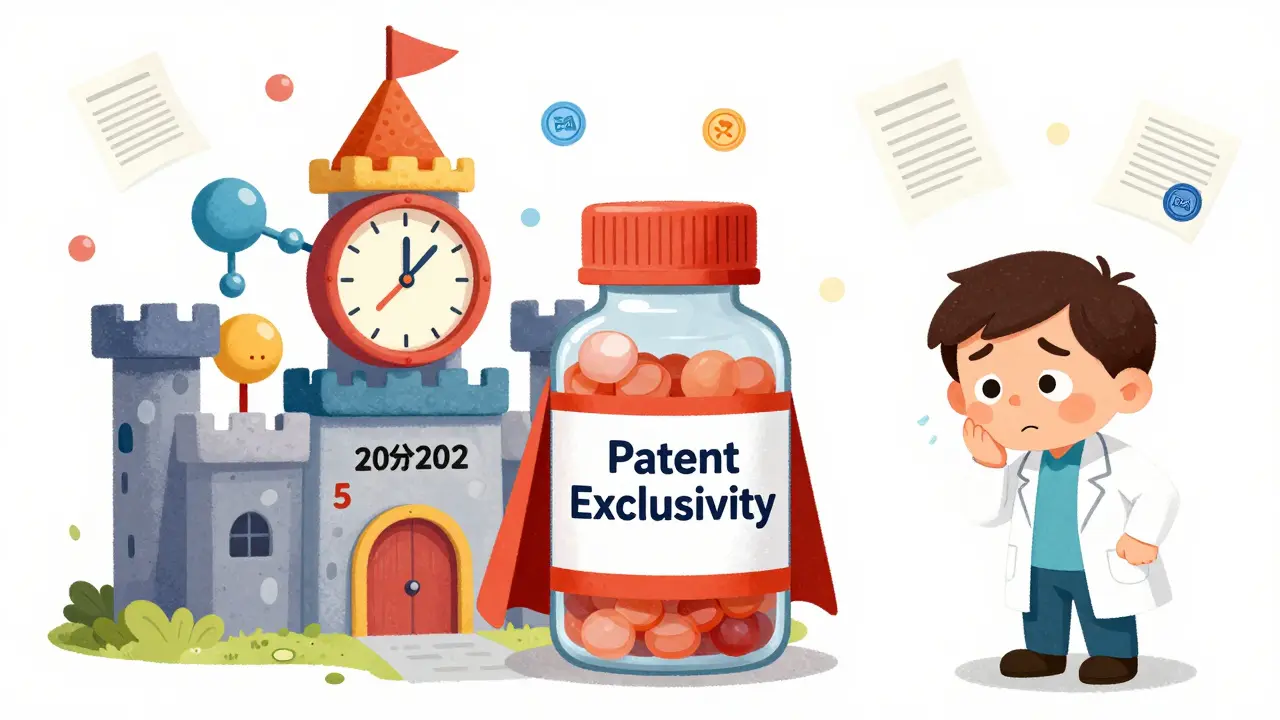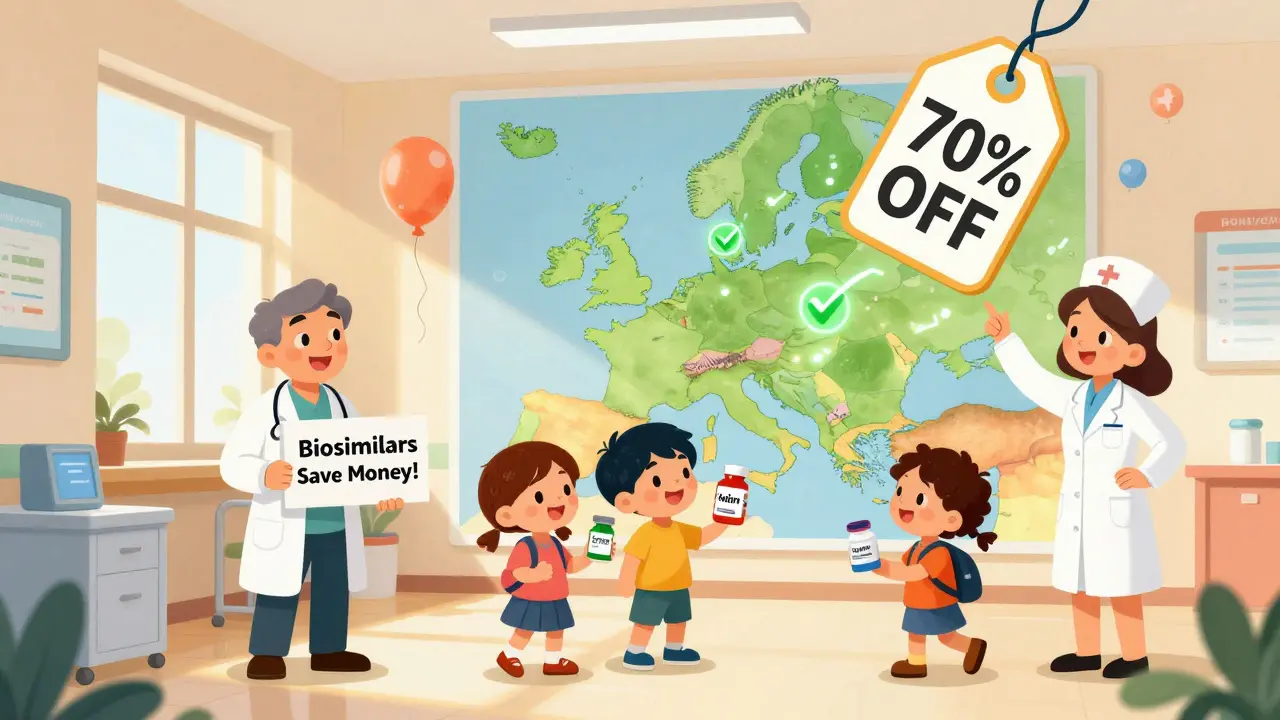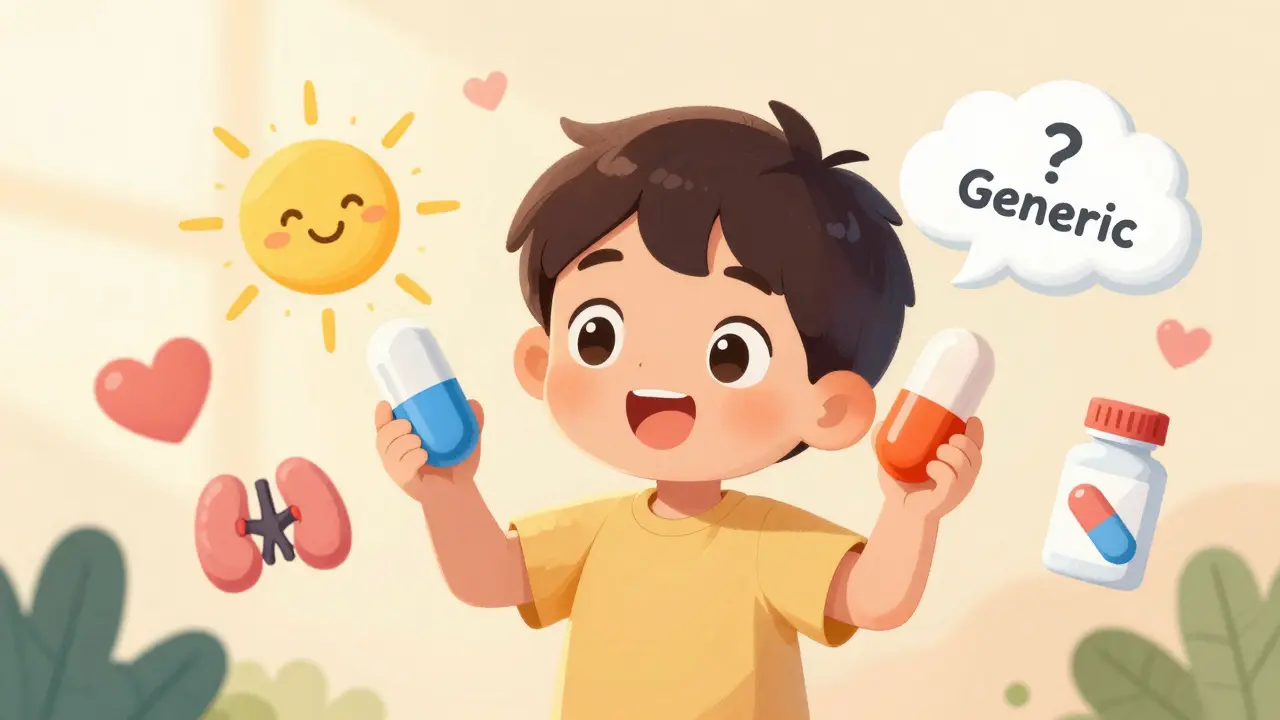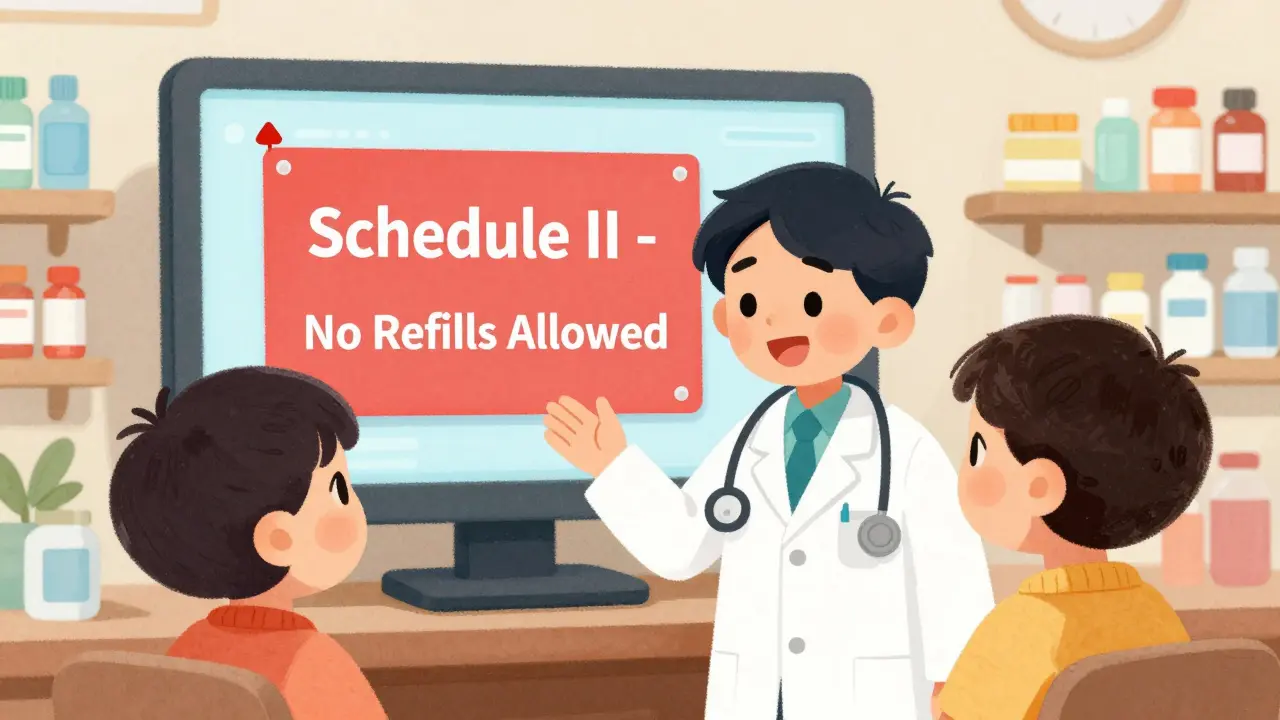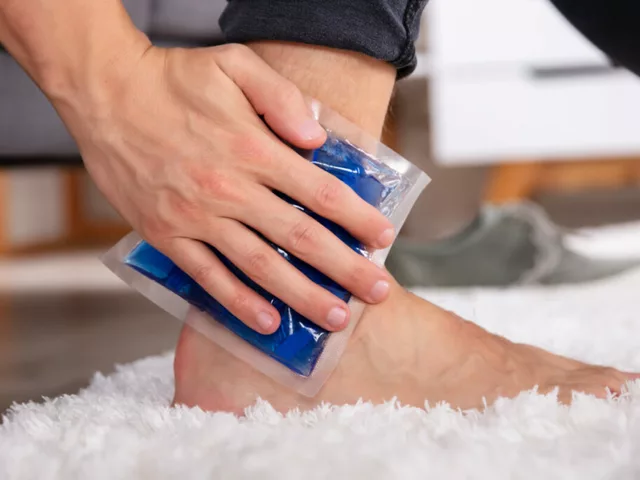Pharmaceuticals: Practical guides for buying, using, and choosing medications
Cheap pills online can save money—or cause harm if you pick the wrong source. This page groups clear, practical articles about pharmaceuticals: how to buy safely, how to spot fakes, and how to find real alternatives when a drug isn’t right for you. Read short, action-focused guides that help you make smarter choices without medical jargon.
How to buy medications online safely
Check for a licensed pharmacy. A legitimate online pharmacy shows a physical address, real phone number, and license or regulatory seal. If a site refuses to verify these, walk away.
Look for a valid prescription policy. Sites that sell prescription-only drugs without asking for a prescription are risky. If you can get antibiotics, strong painkillers, or hormonal pills with no script, that’s a red flag.
Compare prices—but don’t chase impossible deals. Very low prices can mean counterfeit or expired products. Use price checks across a few reputable vendors and read recent customer reviews focused on delivery and product quality.
Verify the packaging and paperwork. When your order arrives, check expiration dates, batch numbers, and patient info leaflets. Keep originals until you’re sure the medication is correct and working for you.
Use secure payment and HTTPS. Avoid sites that only accept unusual payment methods or don’t encrypt checkout data. Credit card payments give more protection if something goes wrong.
Choosing alternatives and when to see a doctor
Not every drug fits every person. If a medication causes side effects or doesn’t work, look for alternatives by active ingredient or drug class. For example, if statins aren’t suitable, options include ezetimibe or newer PCSK9 drugs—our articles break down pros and cons and who they suit.
Some alternatives are over-the-counter; some need a prescription. OTC fixes can help short-term (like some antacids or mild diuretics), but serious conditions need a clinician’s input. If you have chest pain, severe shortness of breath, high fever, pregnancy concerns, or sudden allergic reactions, contact a doctor right away.
Ask your provider about interactions and dosing. Switching drugs isn’t just a swap—timing, dose, and interactions matter. Keep an up-to-date list of all medicines and supplements and share it with any prescriber or pharmacist.
Read focused guides on this site for clear, practical help: how to buy Esomeprazole or Levlen safely, safe options when you can’t take simvastatin, OTC diuretics vs Lasix, and comparisons of drugs like Misoprostol and Cytotec alternatives. Each guide tells you what to check, common risks, and when professional care is needed.
Store medicines as instructed, keep them out of children’s reach, and dispose of unused drugs properly. If something feels off—unexpected side effects, wrong packaging, or a seller who won’t answer questions—stop using the product and ask a healthcare professional or your pharmacist.
Use these pages to get practical steps, not scary warnings. Our goal is to help you find safe options and ask better questions at the pharmacy or clinic.

